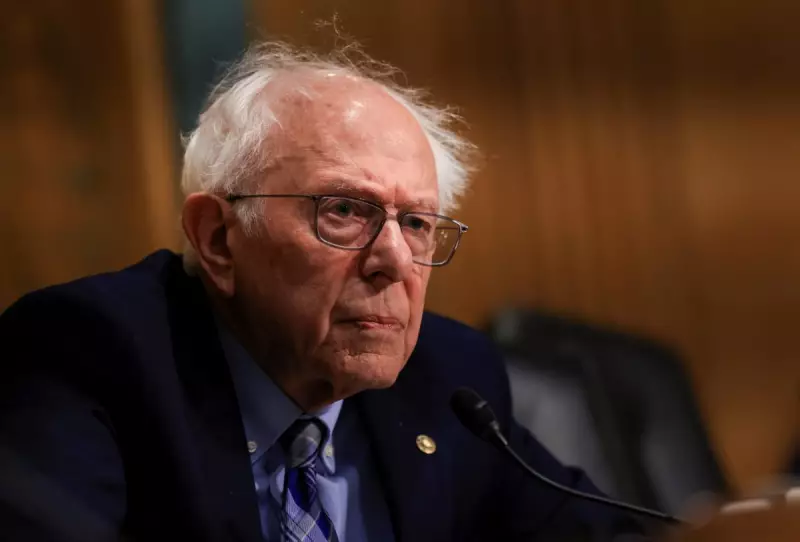
In a seismic shift that has sent shockwaves through the American political landscape, veteran progressive Senator Bernie Sanders has announced his immediate resignation from the US Senate. The move, which he described as a necessary step to combat the "corporate oligarchy," coincides with his full-throated endorsement of independent presidential candidate Robert F. Kennedy Jr.
The 83-year-old senator from Vermont declared that the two-party system is "failing the American people" and that supporting Kennedy's outsider campaign is the most powerful way to challenge the status quo. This unexpected alliance between the stalwart democratic socialist and the controversial anti-vaccine activist has left commentators on both sides of the aisle reeling.
A Stunning Endorsement That Redefines the Race
Sanders, who twice ran for the Democratic presidential nomination, delivered a scathing indictment of the establishment politics he has long been a part of. His endorsement is seen as a monumental coup for the Kennedy campaign, instantly granting it a level of credibility and progressive appeal it previously lacked.
Political analysts are scrambling to assess the potential impact. Sanders’ move has the potential to siphon off a significant portion of the progressive, anti-establishment vote that might have gone to other candidates. This could dramatically alter the dynamics of what was already shaping up to be an unpredictable election.
Reactions: From Jubilation to Outrage
The reaction has been swift and polarised. Kennedy's camp hailed the endorsement as a "historic moment" that signals a unifying movement against powerful corporate interests. Meanwhile, many of Sanders' longtime allies and supporters have expressed bewilderment and betrayal, citing profound ideological differences with Kennedy, particularly on public health and science.
The Democratic Party leadership has been left largely silent, a testament to the awkward and disruptive nature of this political earthquake. The Biden campaign now faces a new and complex challenge from its left flank.
What This Means for the US Senate
Sanders' resignation triggers a special election in Vermont. His exit removes one of the most prominent progressive voices from the Senate chamber, creating a vacuum that will undoubtedly lead to a fierce battle for his seat and could slightly alter the delicate balance of power in the closely divided Senate.
This extraordinary development ensures that the final months of the 2024 presidential campaign will be amongst the most unconventional and volatile in recent American history.





